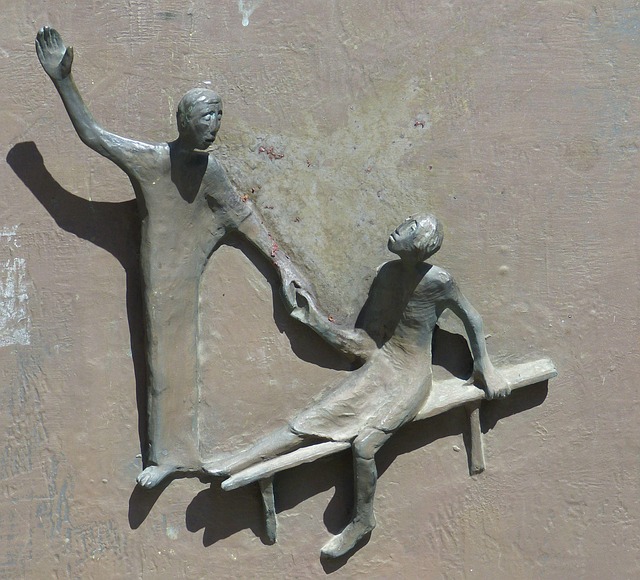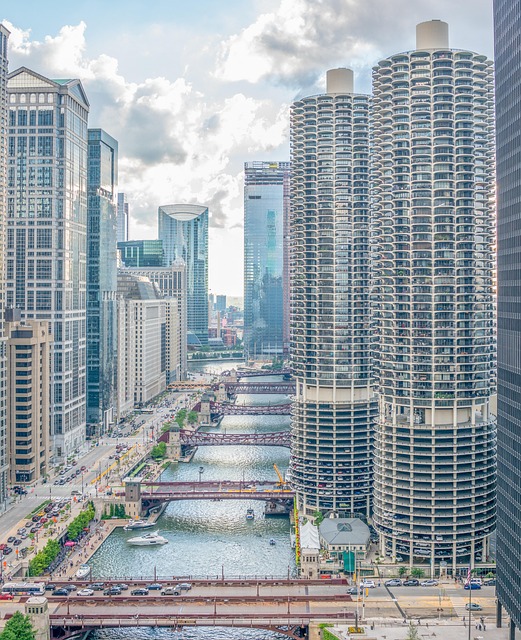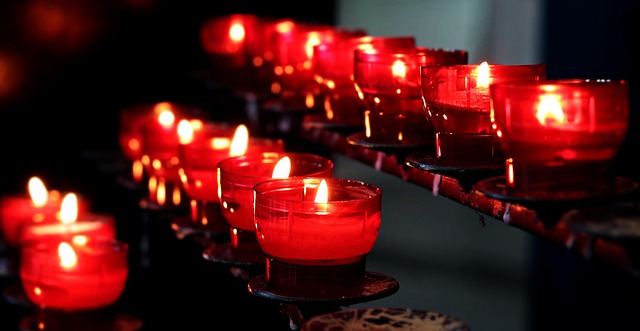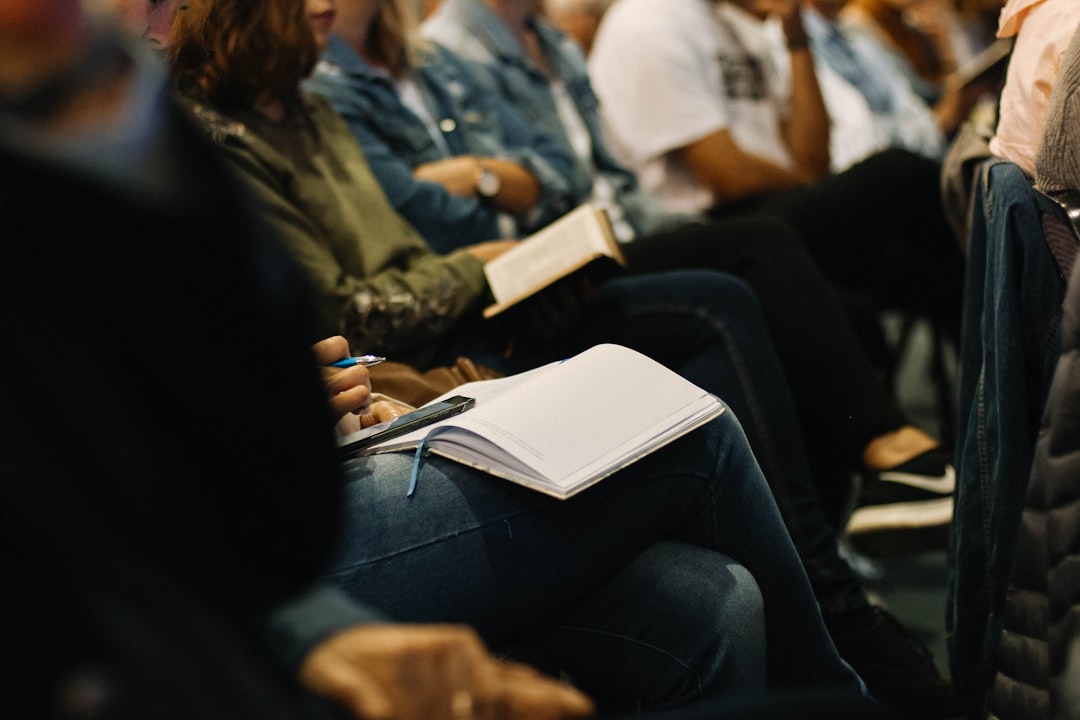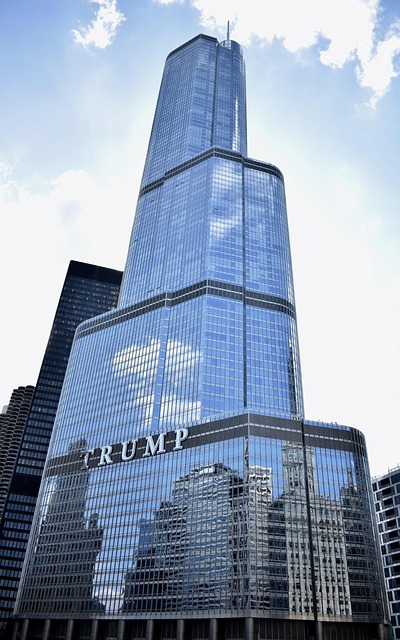Clergy abuse is a sensitive yet critical issue in diverse religious communities, including those in Chicago. Victims of emotional, physical, or sexual exploitation by religious leaders often suffer long-term trauma, leading to isolation and fear of speaking out due to power imbalances. In Chicago, specialized clergy abuse lawyers are vital for accessing justice. They provide guidance, support, and representation to ensure victims receive accountability and closure. These experts navigate complex legal challenges, including statute of limitations and evidence collection, ultimately promoting safer communities within religious institutions. When pursuing justice, initial steps involve gathering evidence, consulting a qualified Clergy Abuse Lawyer Chicago IL, documenting misconduct, and filing formal complaints with legal guidance.
“Seeking justice for clergy abuse is a vital step towards healing and reform. In Chicago, individuals affected by such trauma can find support through dedicated clergy abuse lawyers. This article explores the complex issue of clerical abuse and its profound impact on victims.
We delve into the role of Chicago clergy abuse lawyers, who are equipped to navigate legal complexities and advocate for victims’ rights. Furthermore, we provide a comprehensive guide on pursuing justice, offering practical steps and emphasizing the importance of timely legal support for those seeking redress in Illinois.”
Understanding Clergy Abuse and Its Impact

Clergy abuse is a sensitive and complex issue that involves instances of misconduct, exploitation, or harm inflicted by religious leaders upon their congregation or those under their care. This can take many forms, including emotional, physical, or sexual abuse, and often has severe and lasting impacts on victims. In Chicago, where diverse religious communities thrive, it’s important to recognize the potential for such abuses and have access to justice when these situations arise.
Victims of clergy abuse may experience a range of negative consequences, from depression and anxiety to post-traumatic stress disorder (PTSD). They may feel isolated, ashamed, or afraid to speak out due to power dynamics within religious institutions. Having a Chicago clergy abuse lawyer can be instrumental in helping victims navigate these challenges. Legal professionals specialized in this field understand the unique circumstances involved and can provide guidance, support, and representation to ensure that those affected receive the justice and accountability they deserve.
The Role of Chicago Clergy Abuse Lawyers
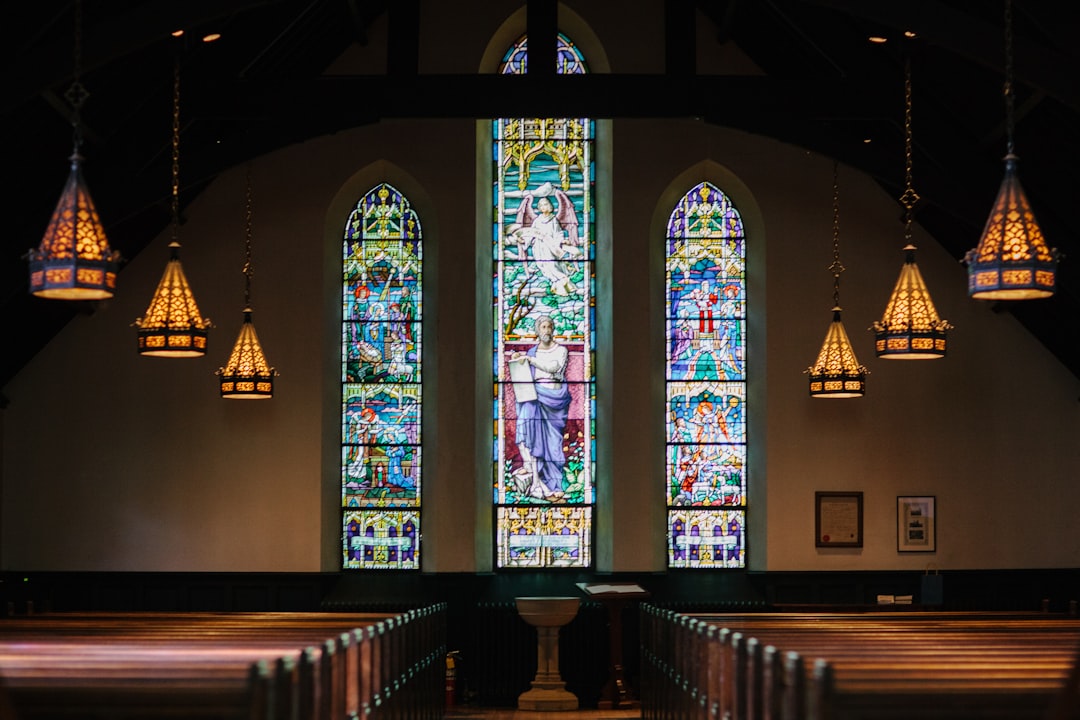
In the context of clergy abuse, where sensitive and often complex legal issues arise, Chicago clergy abuse lawyers play a pivotal role in advocating for victims and holding perpetrators accountable. These specialists have an in-depth understanding of the unique challenges faced by individuals who have experienced abuse within religious institutions. They provide crucial support and guidance, ensuring that victims’ rights are protected and that they receive the justice they deserve.
Chicago clergy abuse lawyers possess extensive knowledge of state laws and regulations pertaining to such cases. They navigate the intricate legal landscape, offering expert advice on issues like statute of limitations, evidence collection, and potential criminal or civil charges. Their expertise enables them to build strong cases, which can lead to resolutions that offer closure and contribute to a safer environment for future congregations.
Steps to Pursue Justice and Legal Support

When pursuing justice for clergy abuse, the first step is to gather evidence and consult with a Chicago clergy abuse lawyer. It’s crucial to document any instances of misconduct, maintain records of communications related to the abuse, and seek support from trusted individuals or organizations. Having a dedicated attorney in Chicago IL specializing in clergy abuse cases is essential for navigating complex legal procedures and ensuring your rights are protected.
Next, it’s important to file a formal complaint with relevant authorities, such as church leadership or law enforcement, depending on the severity of the abuse. Your lawyer can guide you through this process, offering legal counsel tailored to your specific situation. Remember, seeking justice is not just about holding abusers accountable; it’s also about finding closure and healing for the victims.
